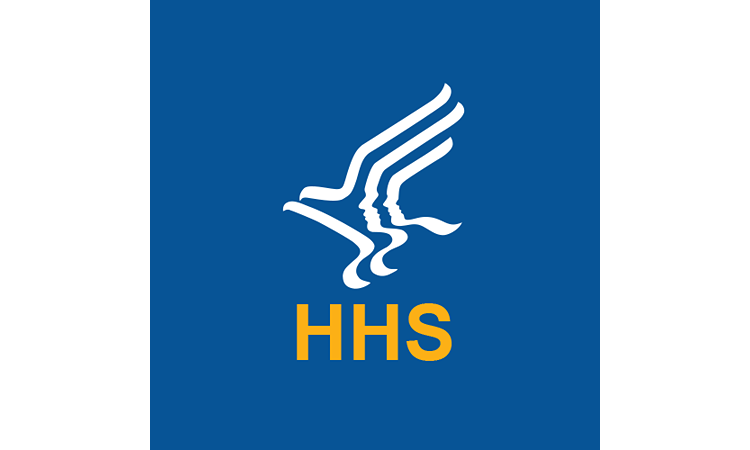Feb. 19, 2019 – In a move that “merits industry attention,” the Federal Trade Commission (FTC) announced last week that it had joined the Food and Drug Administration (FDA) in enforcement actions against three companies advertising that their products can treat diseases like Alzheimer’s, according to a Feb. 11 post by Lesley Fair, senior attorney, FTC Bureau of Consumer Protection.
“The FDA found products that appear to be making drug claims without legal approval under the Federal Food, Drug. And Cosmetic Act,” Fair states, “and the FTC spotted some highly questionable advertising claims, possibly in violation of the FTC Act’s substantiation requirement.”
“The combined actions by the FTC and FDA are an important signal that manufacturers of dietary supplements will be called out when they make deceptive health claims, and also are a reminder that the FTC has a role to play in enforcement,” said Jon Bigelow, executive director of the Coalition for Healthcare Communication.
In a statement, the FTC outlined its specific concerns about Alzheimer’s claims made by the three companies receiving FDA-FTC Warning Letters. The Warning Letter to Gold Crown Natural Products questions claims made for its Melatonin supplements and three other supplements, which include a claim that “‘many experiments have been conducted on this and it is proved that melatonin supplements are used to cure Alzheimer’s disease.’”
A Warning Letter sent to TEK Naturals identifies health claims made for five products, including Mind Ignite™, which is advertised as “‘clinically shown to help diseases of the brain such as Alzheimer’s and even dementia.” Pure Nootropics LLC was issued a Warning Letter regarding claims for seven supplements, including claims that specific products provided benefits for dementia, schizophrenia, Alzheimer’s and Parkinson’s.
Fair’s post states that these enforcement letters “offer insights into marketing practices that raise FTC compliance concerns.” She lists the following tenets the FTC holds true when looking at advertising claims:
- Disease clams demand scrupulous scientific proof. It is illegal to advertise that a product can prevent, treat or cure a disease without competent and reliable scientific evidence; in the case of claims about Alzheimer’s, dementia and other serious conditions, Fair states, “that means well-controlled human clinical studies.”
- Products that claim to do it all often do nothing. Advertising that a product is a “panacea for a broad range of diseases” is a red flag to regulators, according to Fair, who adds that “a product advertised as a cure-all often turns out to be a cure-nothing. That’s why ads like that are more likely to attract federal or state law enforcement interest.”
- Challenging deceptive health claims continues to top our to-do list. Questionable health claims “inflict a triple whammy on consumers,” Fair said. “First, money spent on bogus remedies is money consumers won’t have for reputable care. Second, time spent on spurious ‘cures’ may delay their access to proven treatments. And third, some products on the market may contain risky undisclosed ingredients that could harm rather than help.”
In addition to these joint FDA-FTC Warning Letters, the FDA issued nine other Warning Letters and five online advisory letters to dietary supplement companies on the same day. FDA Commissioner Scott Gottlieb, M.D., said that “science and evidence are the cornerstone of FDA’s review process and are imperative to demonstrating medical benefit, especially when a product is marketed to treat serious and complex diseases like Alzheimer’s.”
In a statement issued in conjunction with the enforcement actions announcement, Gottlieb described several new actions and policy priorities the agency will take in the coming months to improve the safety of dietary supplements, including:
- Communicating potential safety issues with the public as soon as possible;
- Establishing a flexible regulatory framework that promotes innovation and upholds product safety;
- Continuing to work with industry partners and to engage in a public dialogue to get feedback from dietary supplement stakeholders; and
- Developing new enforcement strategies.
“One of my top goals is ensuring that we achieve the right balance between preserving consumers’ access to lawful supplements, while still upholding our solemn obligation to protect the public from unsafe and unlawful products, and hold accountable those actors who are unable or unwilling to comply with the requirements of the law,” Gottlieb stated.




